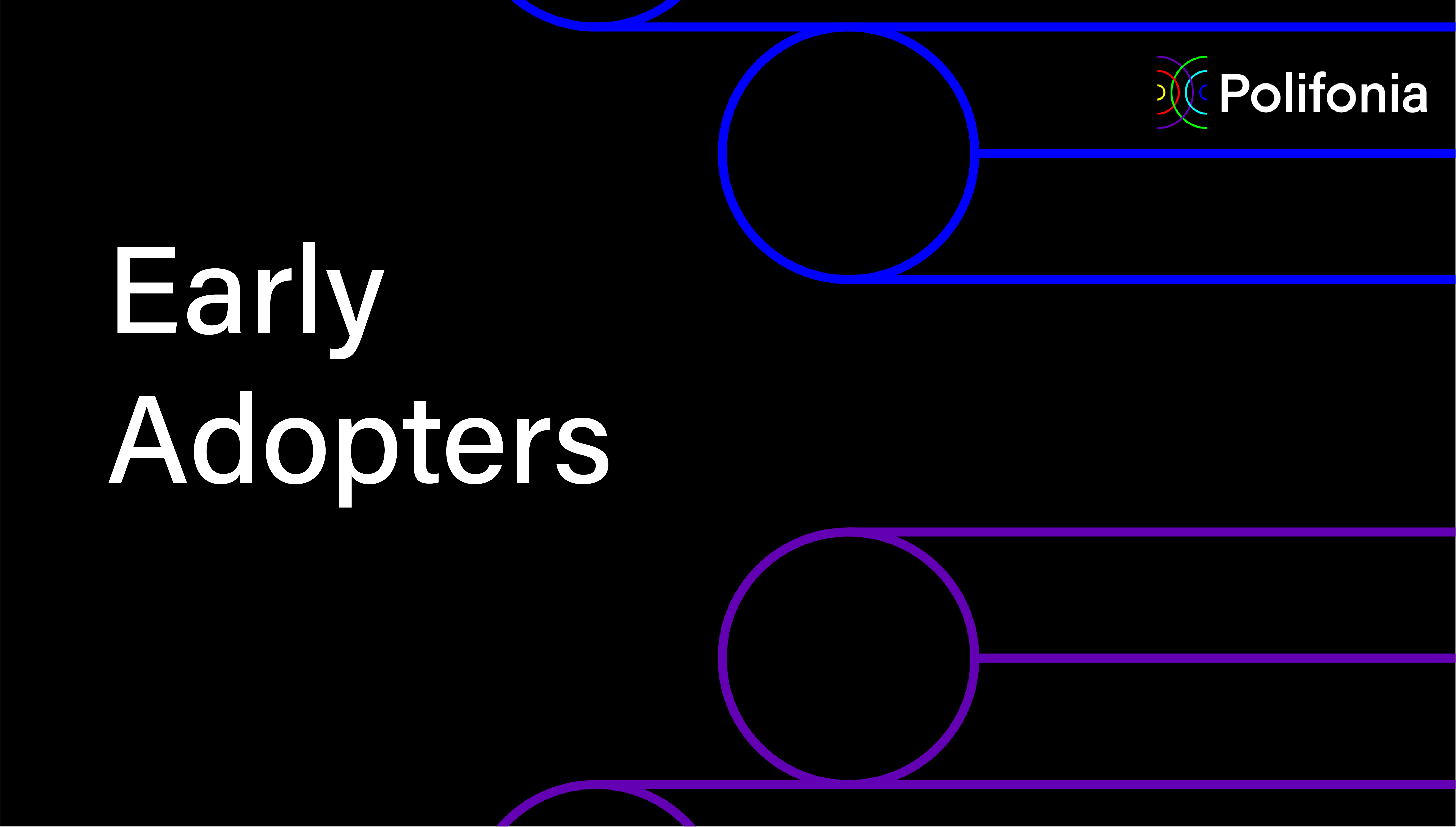Early adopters of Polifonia’s results: Global Education and Learning database to re-use CLEF
In this new series on the Polifonia project website, the team would like to shed light on early adopters who have re-used Polifonia’s output. Polifonia’s primary goal is for its software, datasets and other applications to be used and exploited by stakeholders and other parties. One of our early adopters is Global Education Digest’s, which re-uses Polifonia’s CLEF, the platform for crowdsourcing and cataloguing that was developed for musoW.

In this new series on the Polifonia project website, the team would like to shed light on early adopters who have re-used Polifonia’s output. Polifonia’s primary goal is for its software, datasets and other applications to be used and exploited by stakeholders and other parties. One of our early adopters is Global Education Digest’s, which re-uses Polifonia’s CLEF, the platform for crowdsourcing and cataloguing that was developed for musoW.
CLEF and musoW: inspiration for re-use
Crowdsourcing Linked Entities via web Form (CLEF) is a lightweight Linked Open Data native cataloguing system tailored to small-medium crowdsourcing projects. The software is developed by Marilena Daquino (UNIBO), Martin Hlosta (FFHS, external collaborator), Mari Wigham (NISV) and Enrico Daga (OU), who developed CLEF for musoW in the context of Polifonia. MusoW is a catalogue of musical resources available on the web realized with the idea to support teachers in music education, creative industries, historians, and musicologists in finding what they need
Early adoption: Global Education Digest’s ’GEL’
Global Education Digest uses the software of CLEF to run their database. This is a growing collection of publications on Global Education and Learning (GEL). The GEL database was established following several years of work on the development of the Global Education Digest, a bibliography of Global Education research. This multilingual database currently covers material that has been recently published in English, Dutch, Finnish, French, German, Italian, Polish, Portuguese, Slovakian, and Spanish. The research platform provides visibility and recognition to the Global Education community. It serves as a work instrument not only for researchers, but also for policy makers and practitioners.
Access the GEL database here: https://projects.dharc.unibo.it/digestgel/


How Contribute to GEL
You can help grow this database! Add a new bibliographic resource to the database, following the editorial guidelines. Also, visit the ANGEL network website and join (for free) the GEL community of researchers and practitioners. Additionally, you can join one of the linguist teams working on the annual Multilingual Digest on Global Education and Learning.










